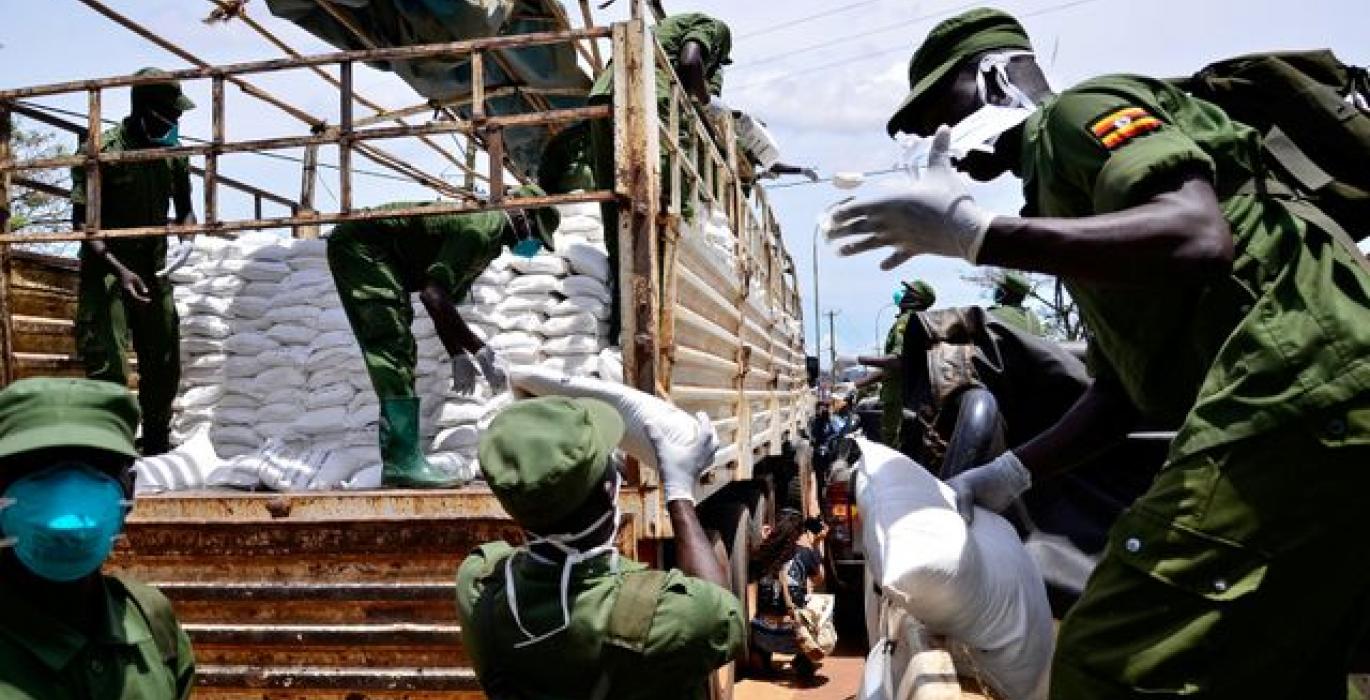Uganda is conducting clinical trials of a domestically developed drug to cure COVID-19 infections after nearly a year of research by Ugandan scientists, the government said on Wednesday.
Uganda has confirmed 39,188 COVID-19 cases and 318 deaths – a much lower toll than in most countries. Experts attribute the East African country’s relative success so far in curbing the impact of the global COVID-19 pandemic to years of experience battling other viral outbreaks like HIV AIDS and Ebola.
In a statement, the government’s Presidential Scientific Initiative on Epidemics (PRESIDE) said the new drug, code-named UBV-01N, was undergoing a second phase of testing involving 128 COVID-19 patients at Mulago, Uganda’s largest referral hospital.
It said the drug was “anticipated to have antiviral (kill viruses), anti-inflammatory (reduces over-reaction of the body to infections) and immunological (directs the immune system in the right direction) ability.”
Dr. Bruce Kirenga, head of the Makerere University Lung Institute, one of a number of Ugandan medical institutions involved in researching and developed the drug, said it would be administered orally. It would not be able to prevent infections or contagion in the first place, unlike a vaccine, he said.
Uganda is the second African country to develop such a drug, after Madagascar, which has launched a plant-based “cure” for COVID-19 and marketed it despite warnings from the World Health Organization (WHO) that its efficacy is unproven.
The Ugandan drug has already passed through multiple quality assurance steps and acquired certifications for use in human trials, the PRESIDE statement said.
Kirenga said the current trial would probably run up to six months. If successful, a third phase involving a larger number of patients will be launched, he said. If the drug proves effective after that, he said, a private sector player will be brought on board to market the product.






